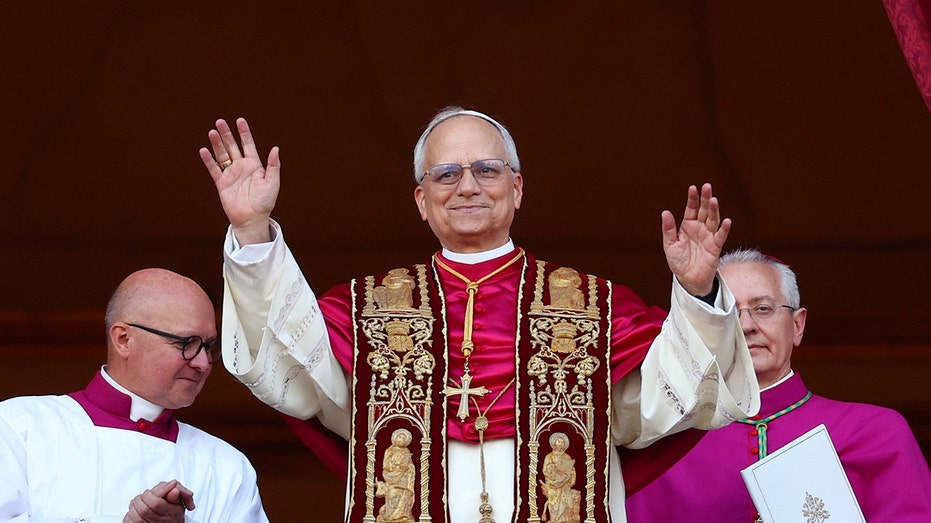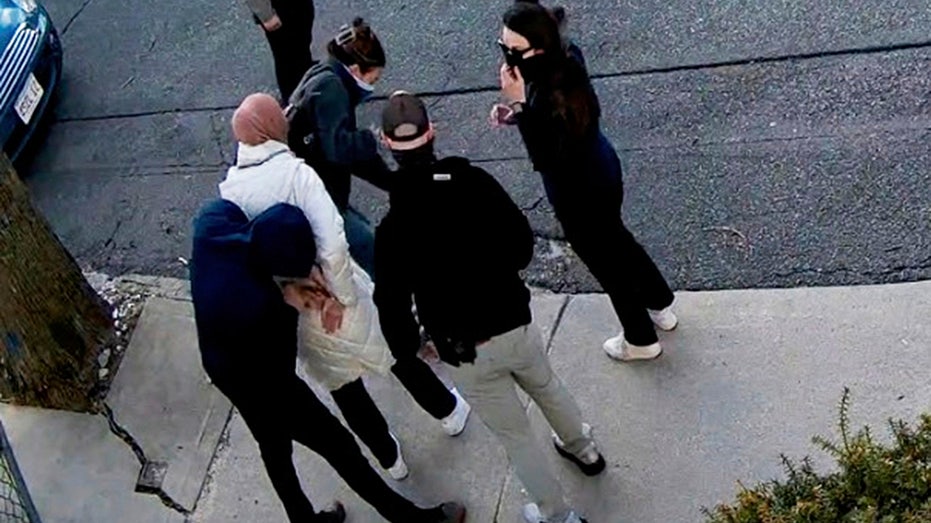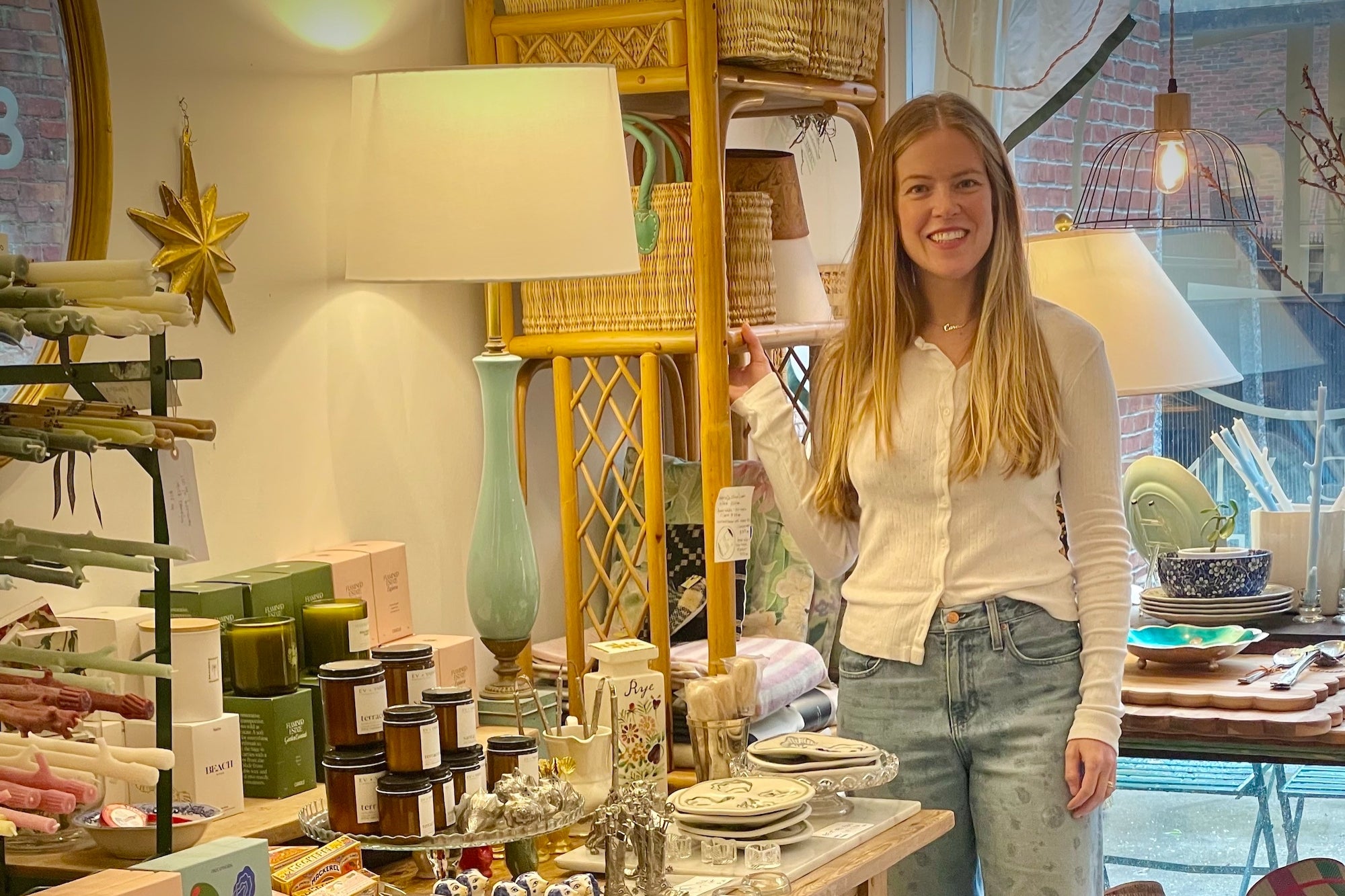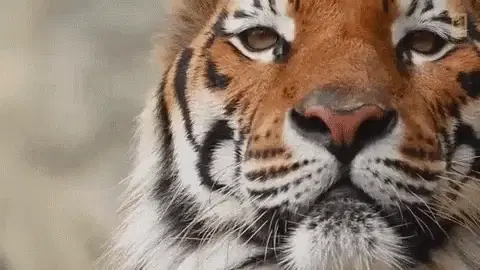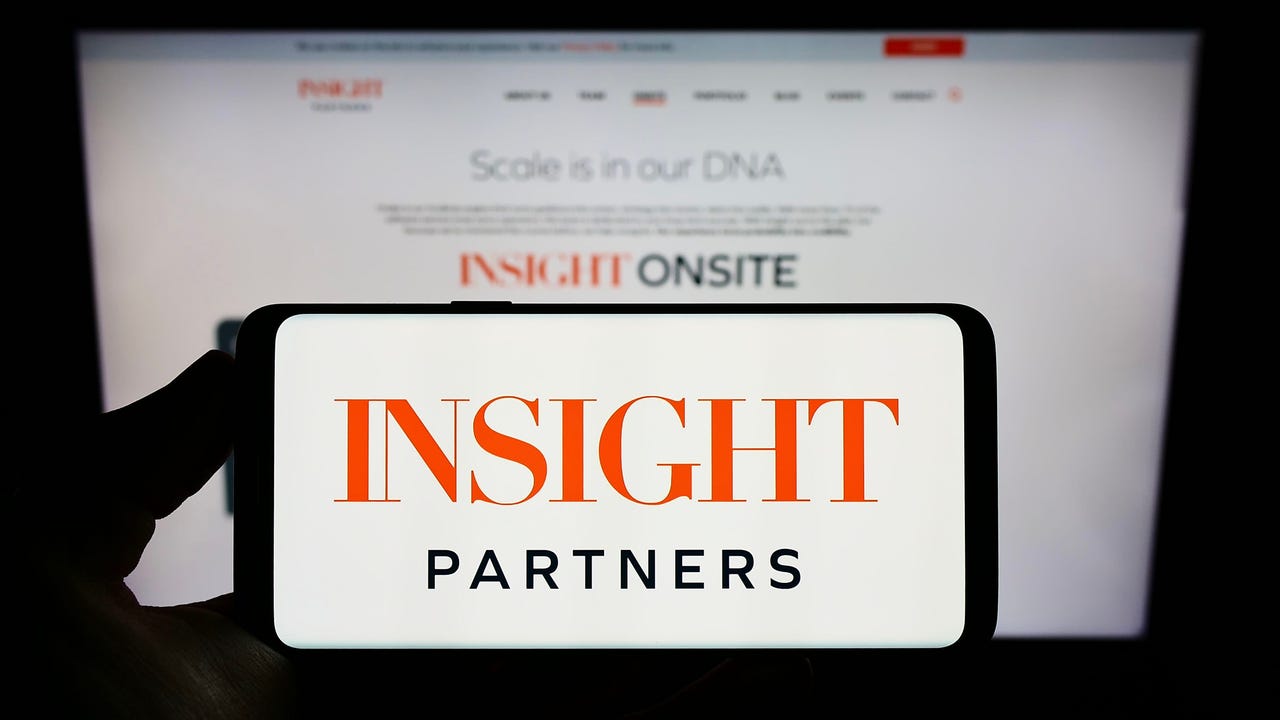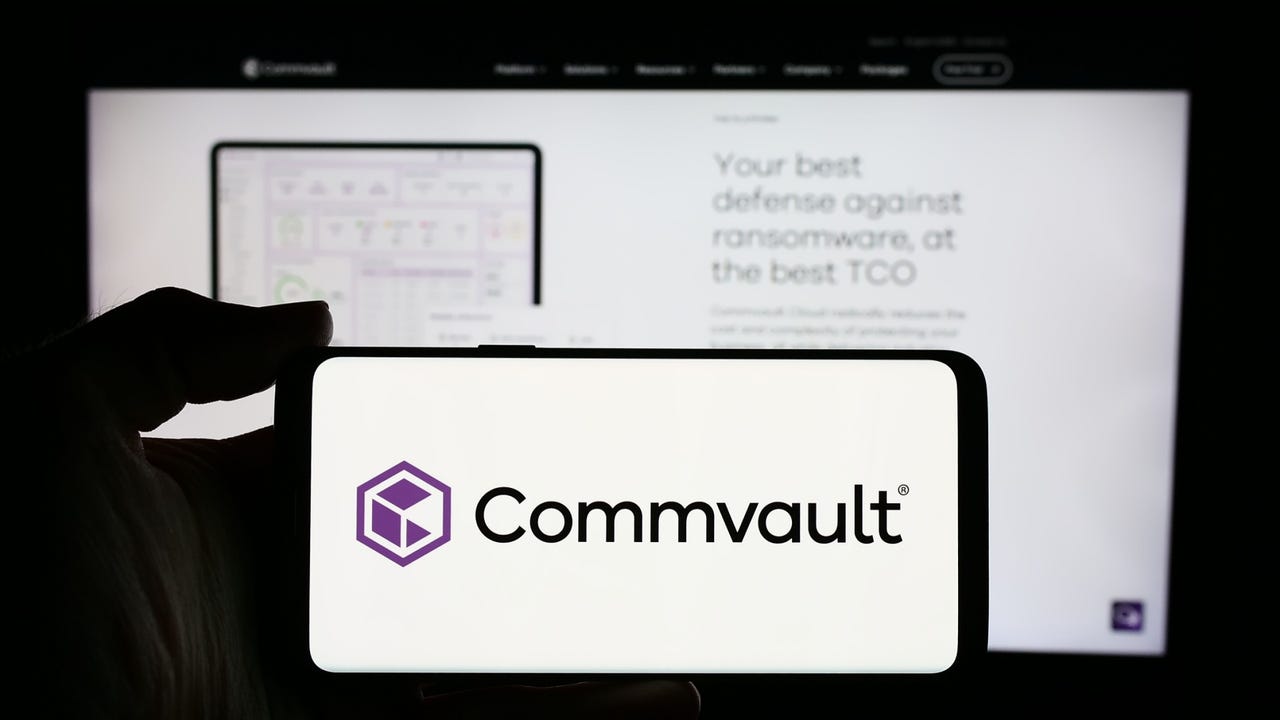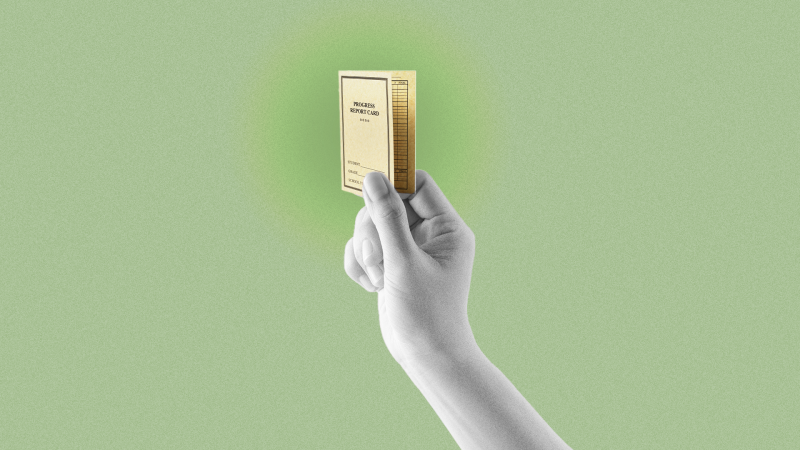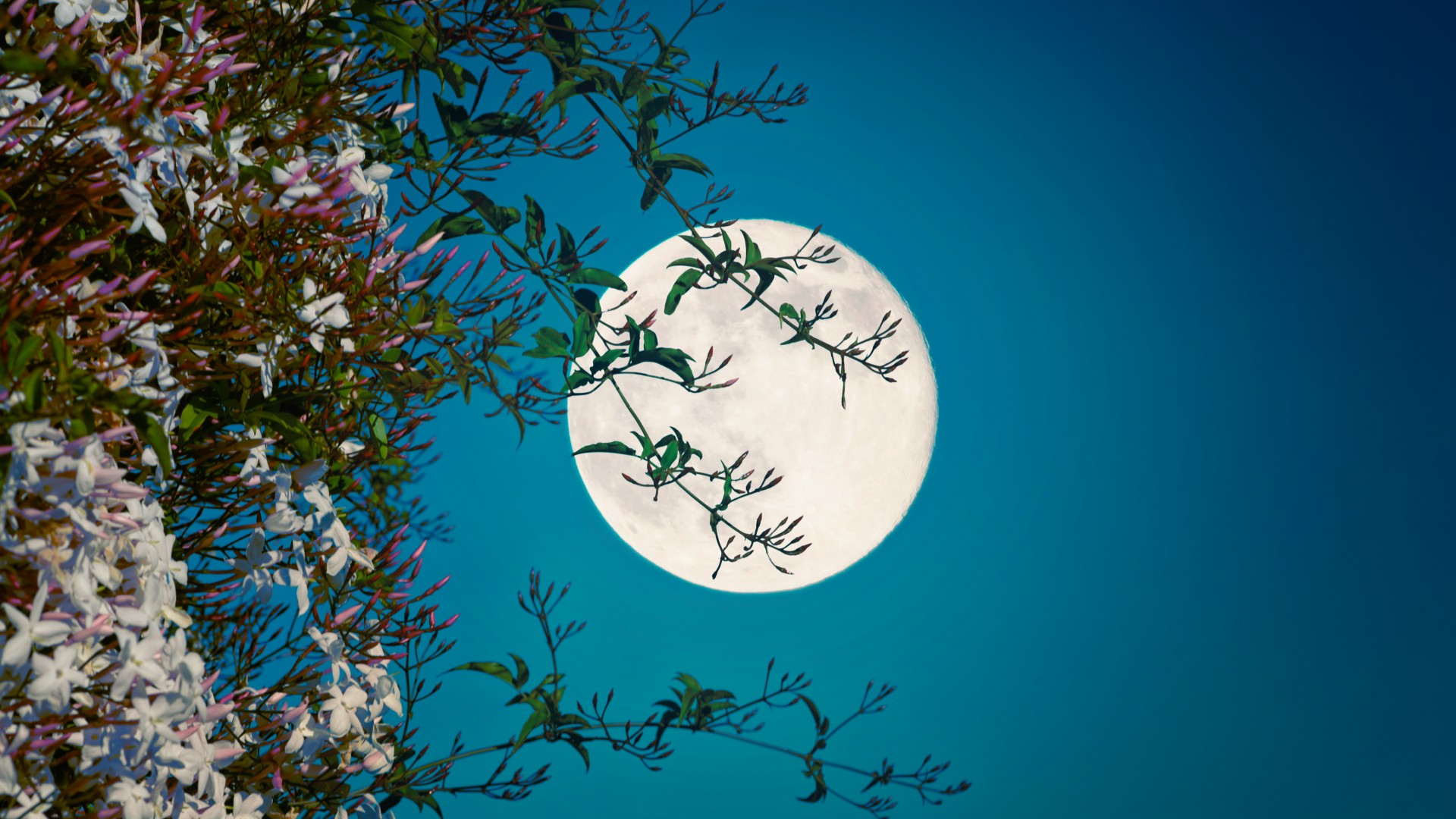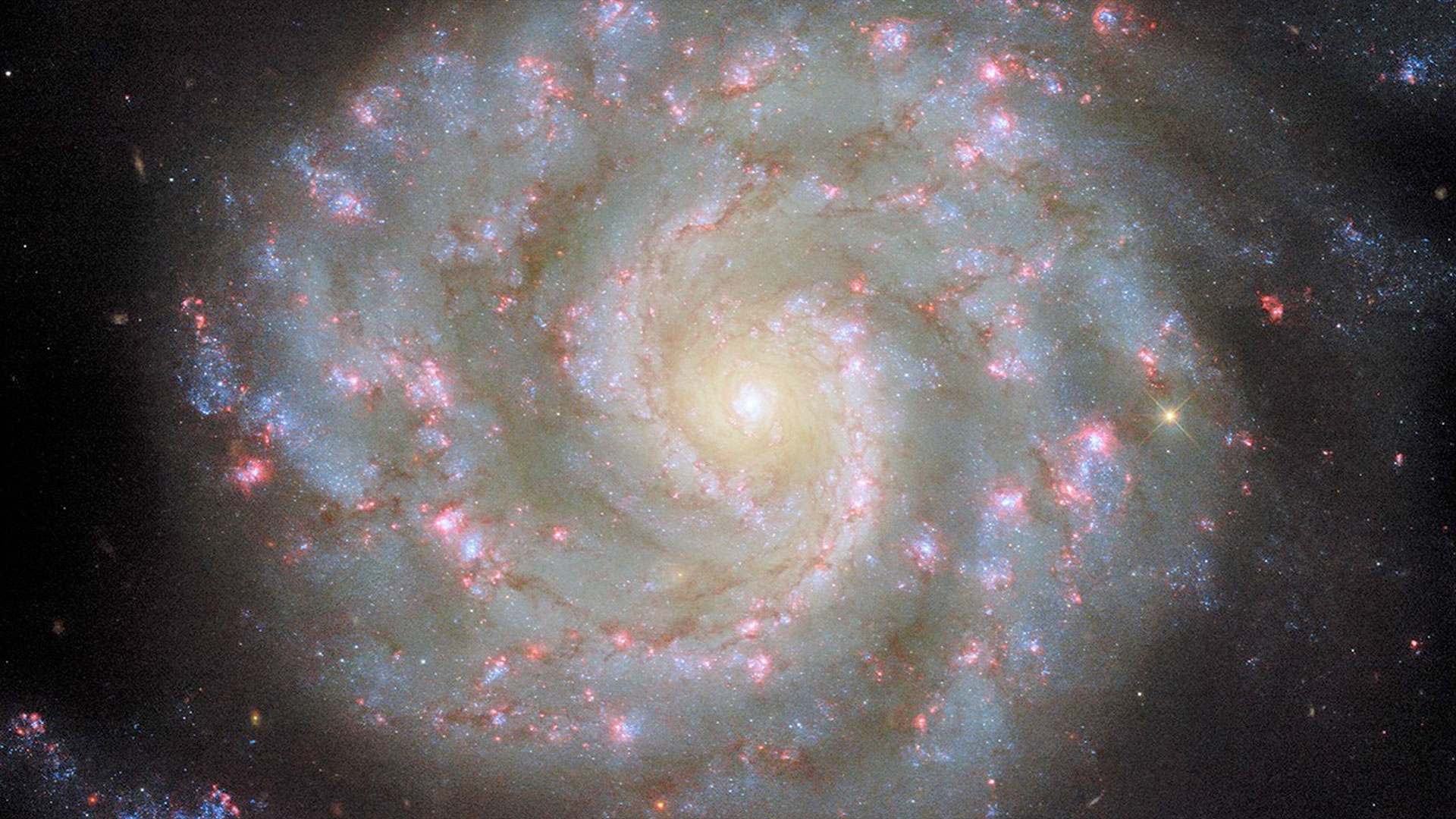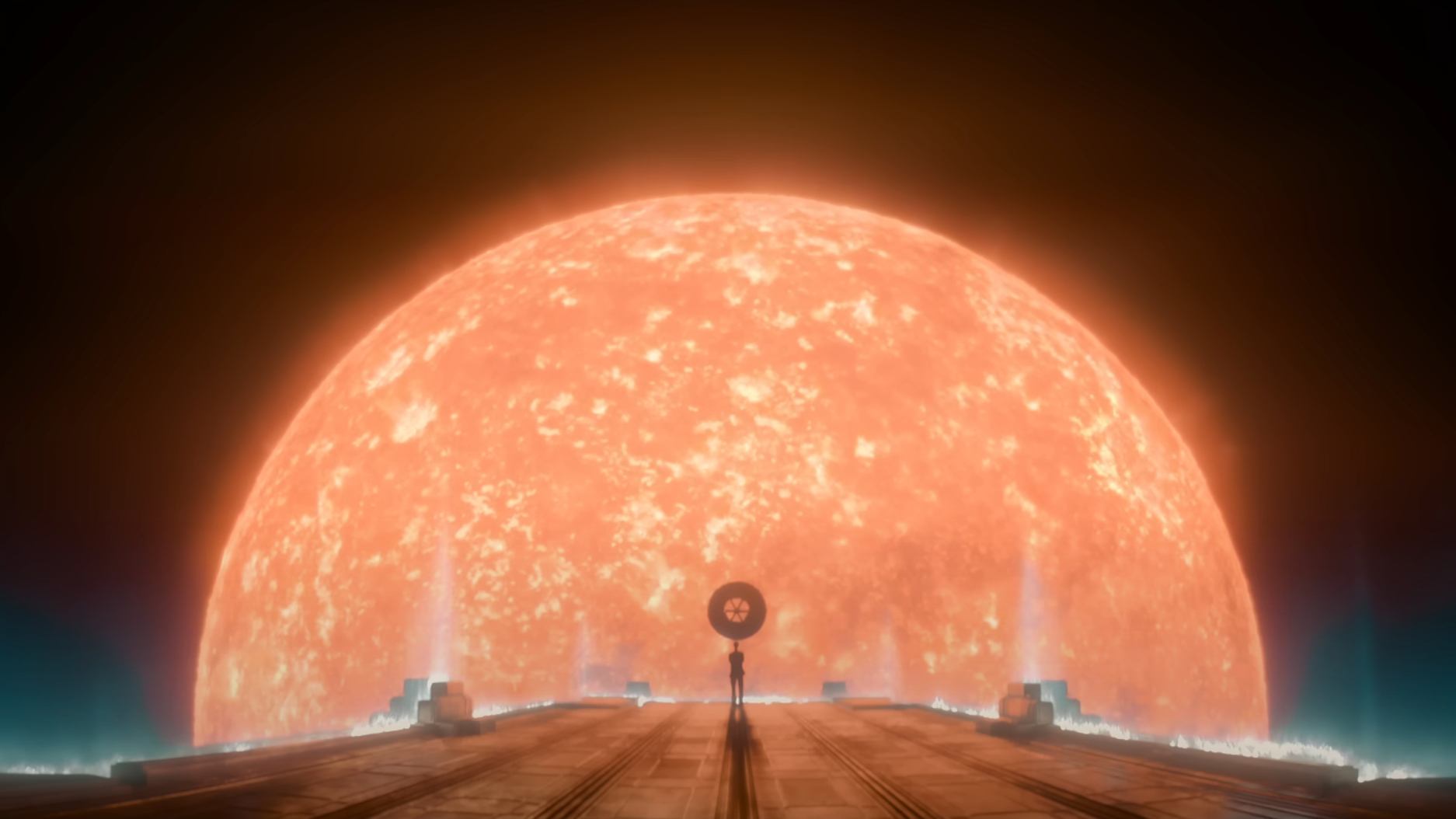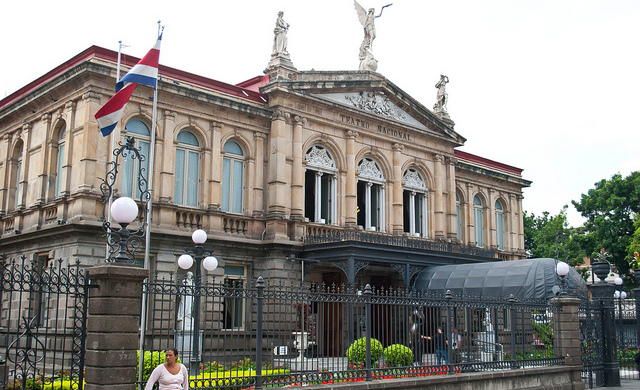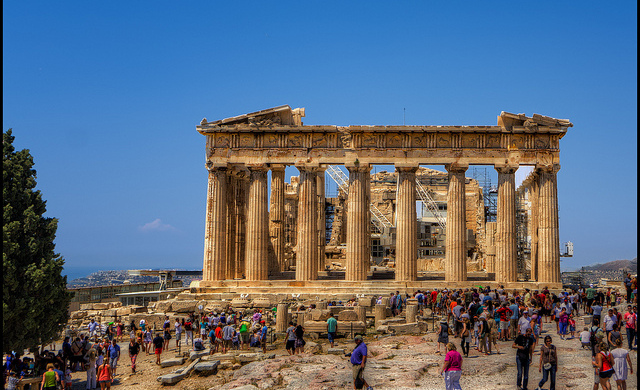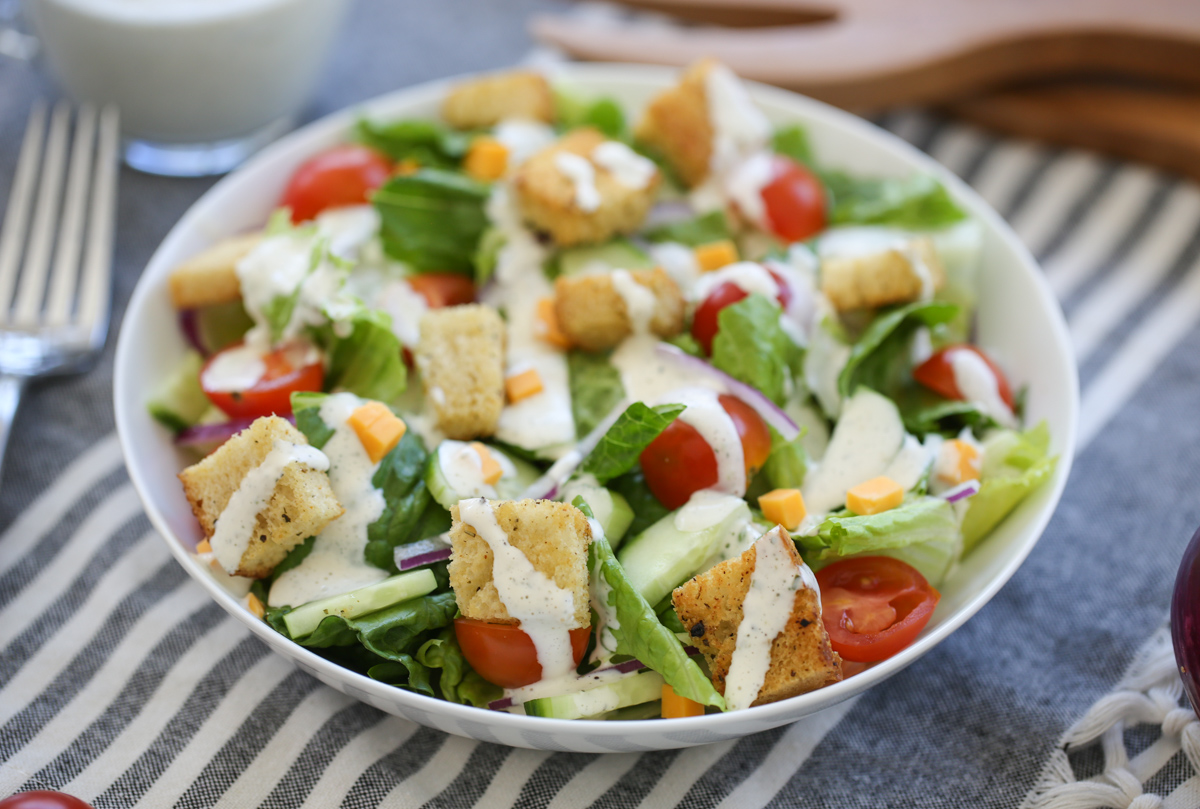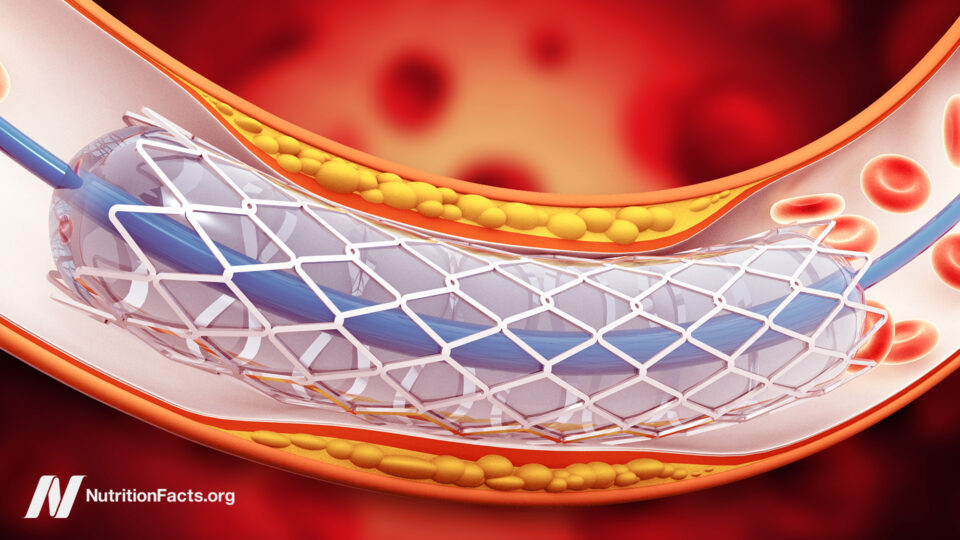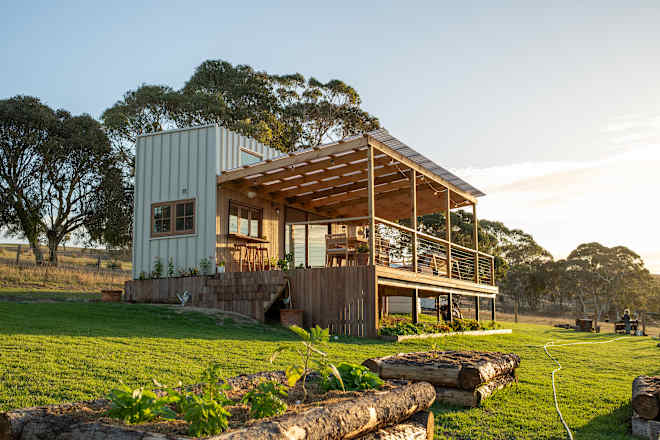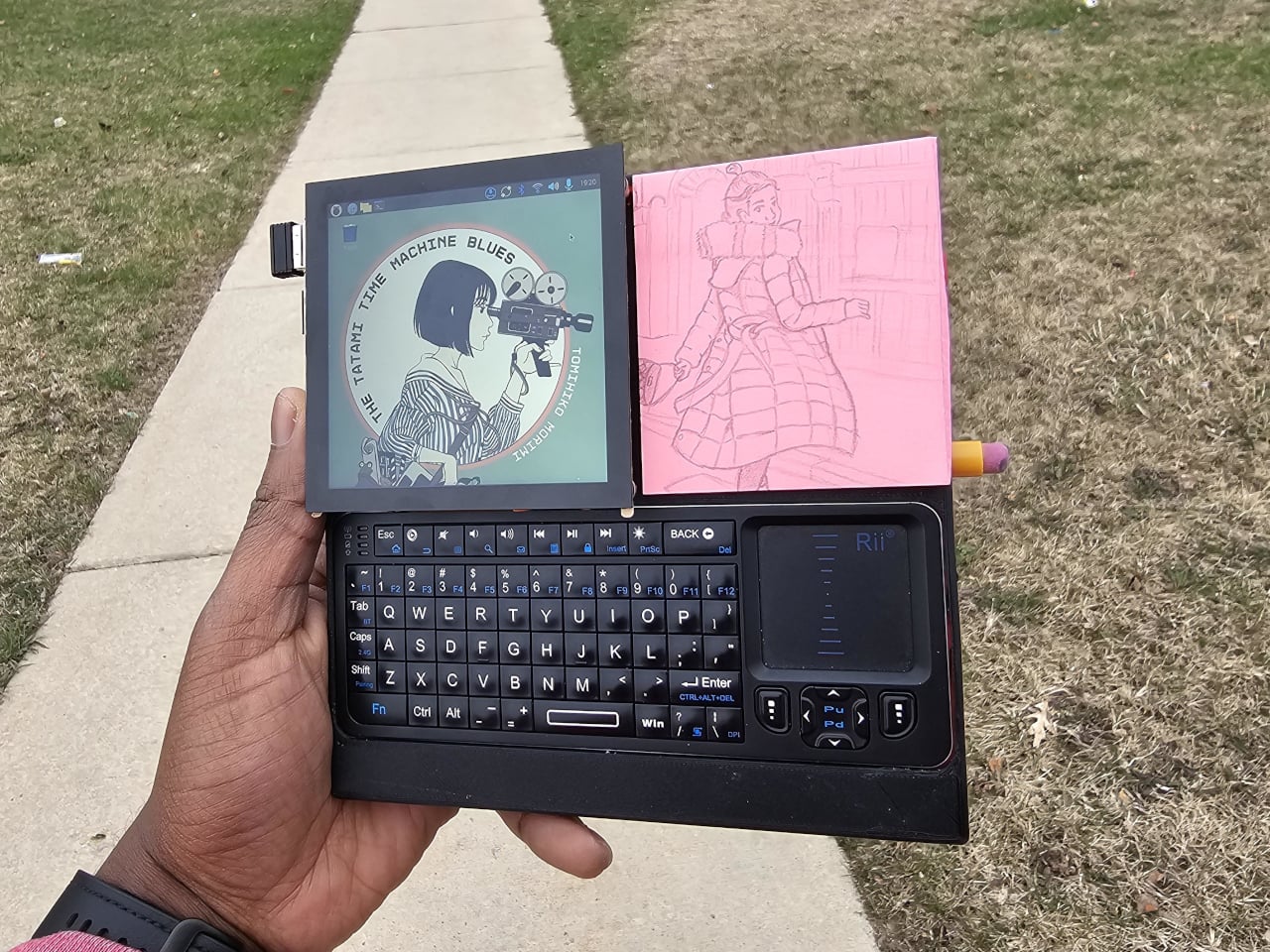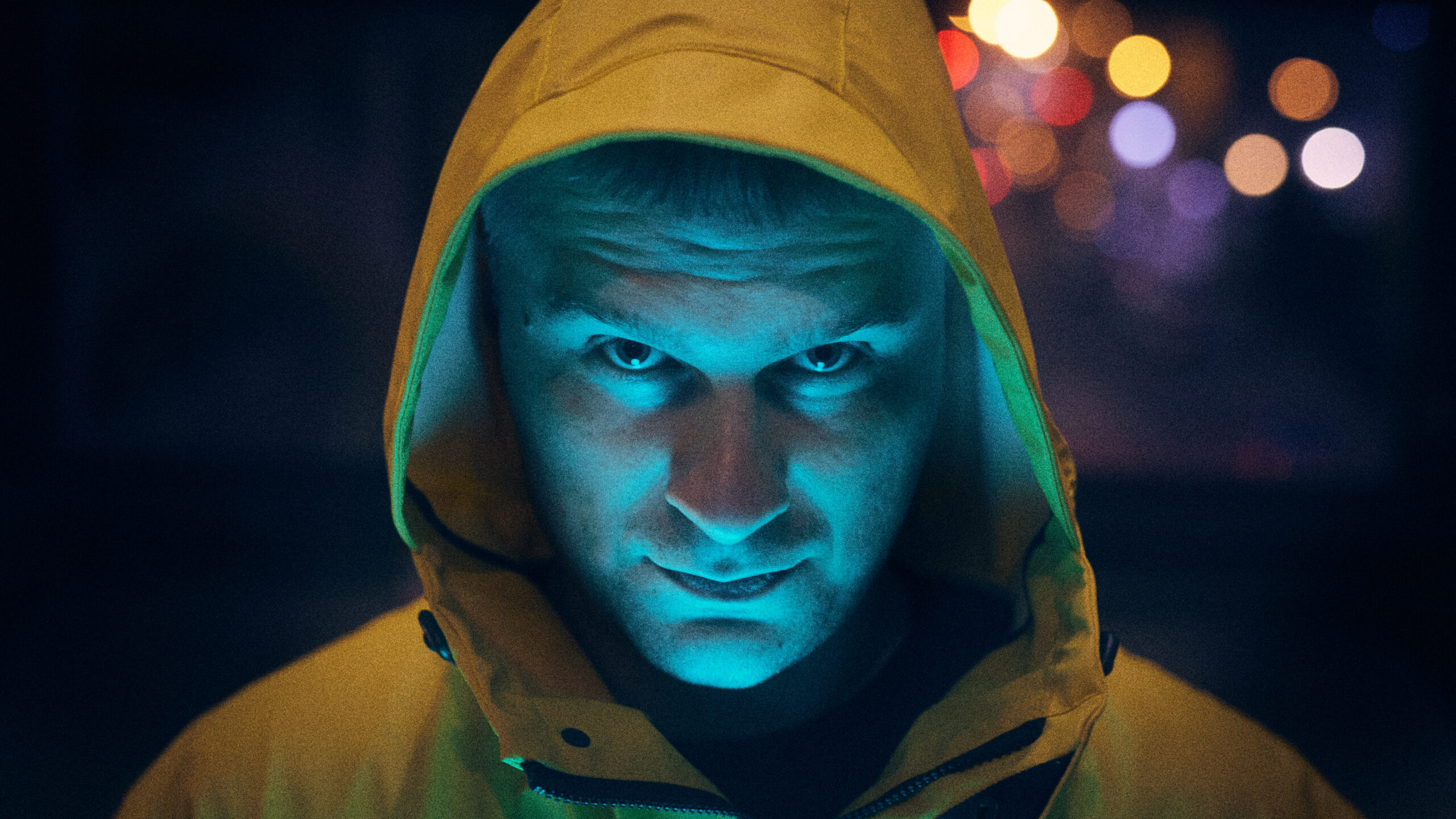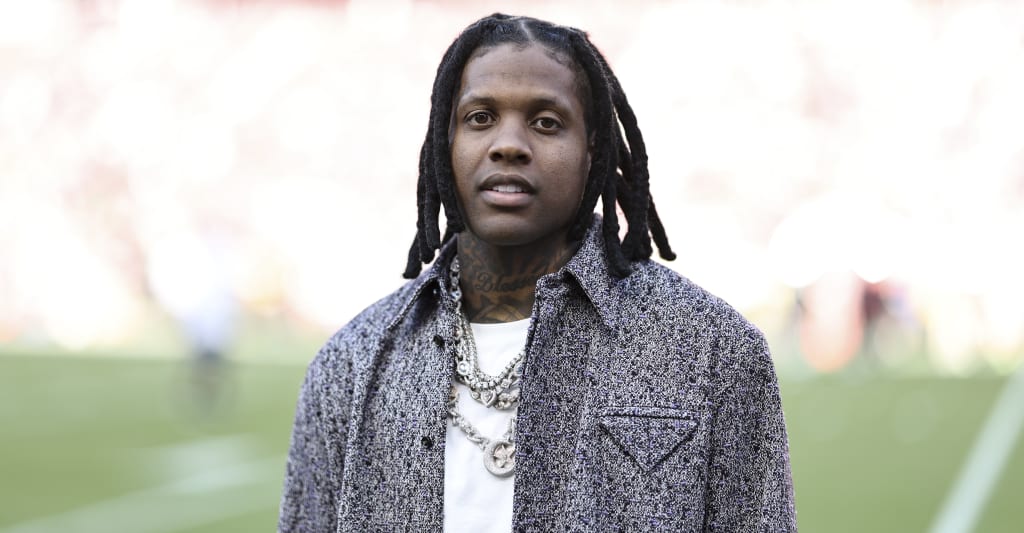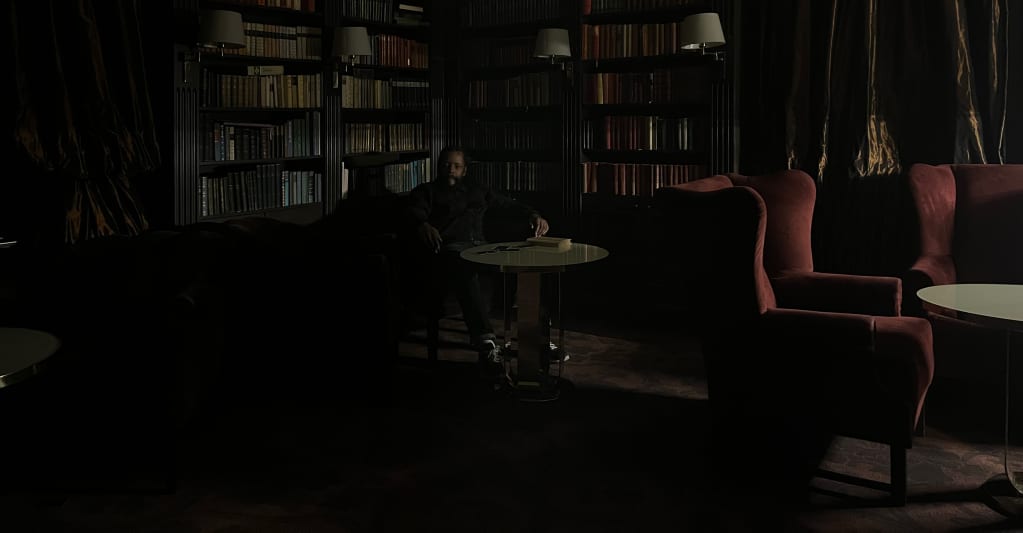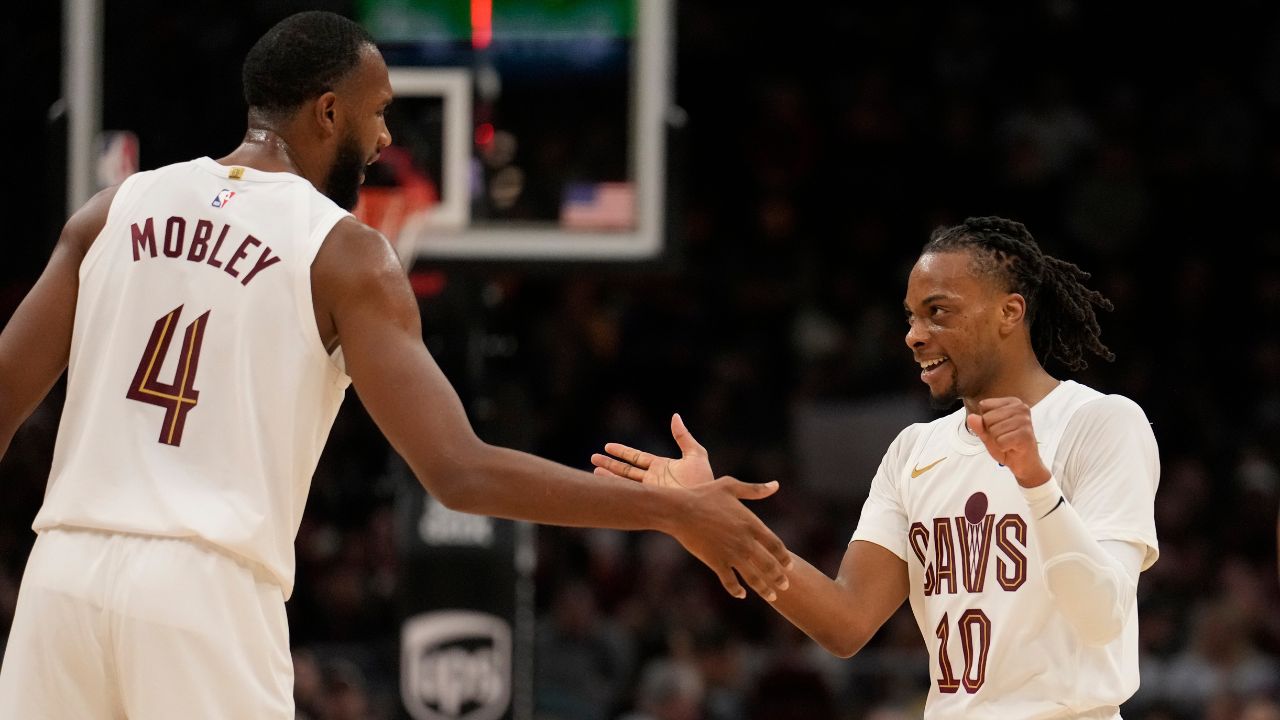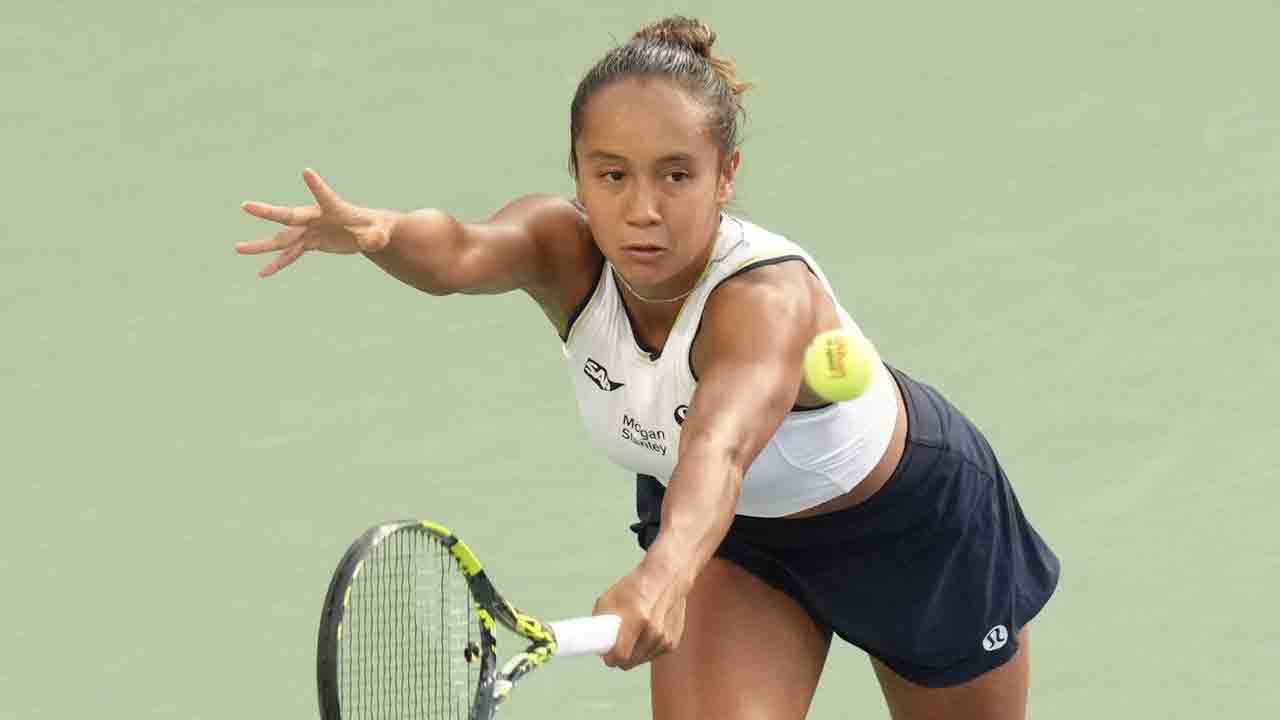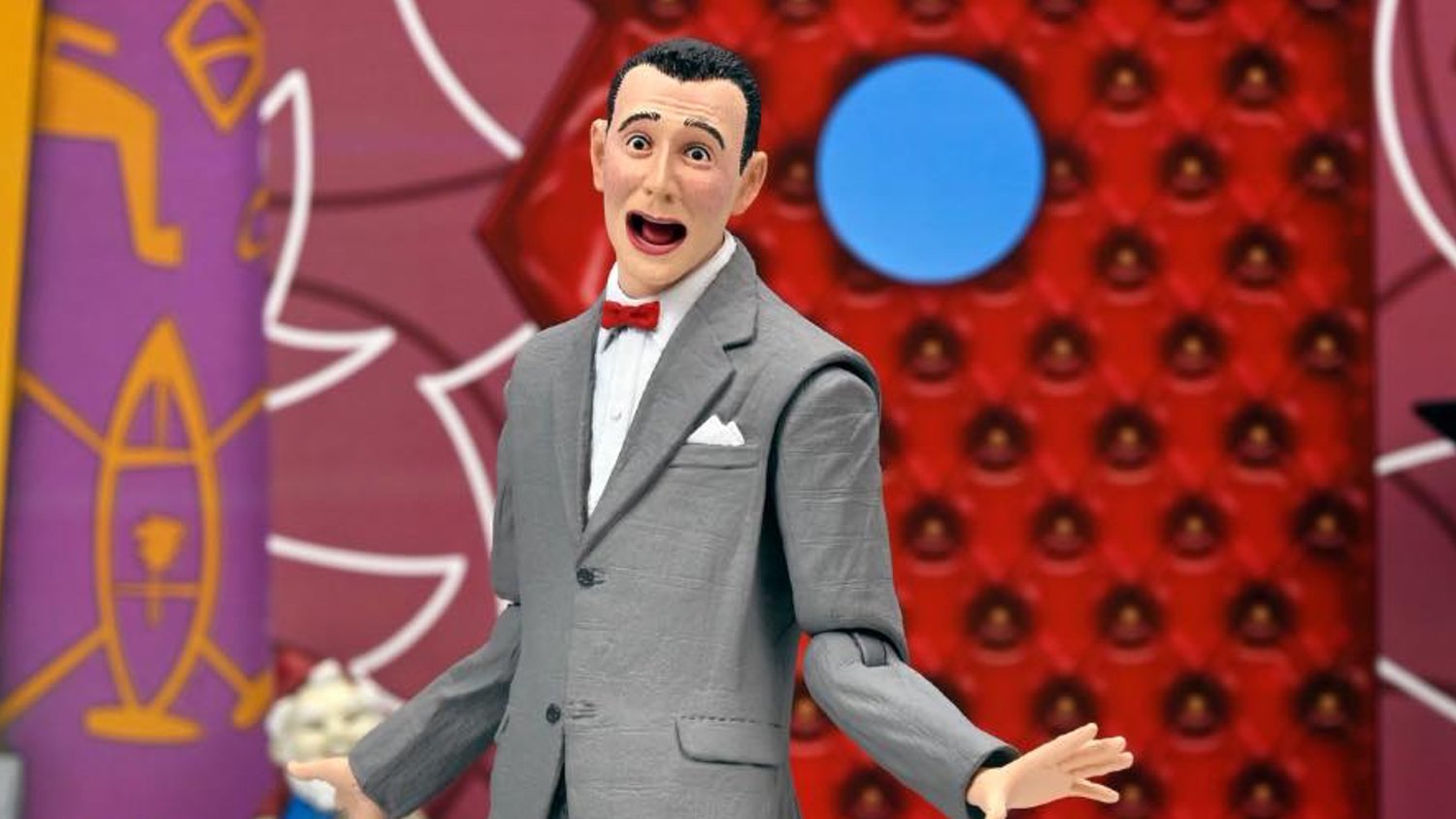Other Forms of Sacrifice: Dima Hamdan on “Blood Like Water”
This is the third in a series of three interviews with emerging Palestinian filmmakers.Blood Like Water (Dima Hamdan, 2023).Throughout the decades of occupation, the Israeli secret service has monitored vulnerable members of Palestinian society in order to blackmail them. Some of their efforts are focused on gay men, whom they threaten with the revelation of their sexuality to their family and community, though such stories have been overshadowed by Israel’s pinkwashing campaign—a propaganda strategy that emphasizes the state’s program of gay rights and the lavishness of the Tel Aviv Pride celebrations to distract from its violence against Palestinians. Dima Hamdan’s narrative film Blood Like Water (2023), the winner of last year’s Iris Prize, calls attention to the topic in thirteen gripping minutes.Shadi is a gay Palestinian man who is being blackmailed by the IDF, which hopes to learn the whereabouts of his militant cousin—if he does not collaborate, a video outing him as gay will be spread in his community. His father, who has previously been the target of Israeli torture and imprisonment, gets the same threatening call, leaving the family with 24 hours to make an impossibly difficult decision. The film untangles the complexities of blackmail, forced outing, unequivocal devotion to the Palestinian cause, and the interpersonal dynamics that follow from these conditions with care and nuance. Before a screening of Blood Like Water at Palestine House in London this past February, I sat down with the filmmaker for a conversation on queerness, her own life trajectory, and her devotion to the Palestinian cause.NOTEBOOK: You started off working as a journalist. How did you end up becoming a filmmaker?DIMA HAMDAN: My dream of becoming a filmmaker predates my work as a journalist: I’ve been wanting to make films since I was twelve or thirteen. In the beginning, I was using journalism to feed my curiosity for cinema and theater. I would cover film festivals, review plays, and interview actors and filmmakers. Over time, I became generally interested in news and current affairs. I worked as a parliamentary correspondent for the Jordan Times, then for BBC Arabic World Service in London, reporting from Iraq, Lebanon, Palestine, Jordan, the US.It was during that time that I realized that I still really want to be a filmmaker, so I started making films as a self-taught filmmaker: writing scripts, bringing people together for a film idea, reading books, taking online courses, participating in competitions where you're supposed to make a two- or three-minute film about a theme. It all gradually evolved from there.NOTEBOOK:Where did you grow up, and what was your experience of migration?HAMDAN: My family experienced both the catastrophe in 1948 [the Arab–Israeli War] and the one in 1967 [the Six-Day War]. My parents were married in Kuwait, and I was born there. During the Gulf War [1990–91], we moved to Jordan. Later, I set off on my journey to the UK, where I’ve spent a good amount of my life. I lived in Jordan for a while, and I would go to Palestine every or every other year. I also lived in Lebanon for a short period of time.Nine years ago, I moved to Berlin for completely illogical reasons: I was still an EU citizen at the time—I have British citizenship—and decided to explore a different city. To be honest, I don’t know how long I will stay in Berlin. It’s my home in the sense that I miss it when I’m not there, but it’s more the attachment to the friends rather than an attachment to the place. I've been blessed to be surrounded by wonderful Palestinian, Lebanese, Syrian, Egyptian and some German friends. They're my home, but we all realize that there's something very transient about our existence there.Blood Like Water (Dima Hamdan, 2023).NOTEBOOK: What brought you to the story in Blood Like Water?HAMDAN: Usually, my films deal with emotions and states of being rather than addressing a cause or issue. My two other proper shorts, Gaza-London (2009) and The Bomb (2019) are about the exile, about feeling estranged from loved ones and oneself, and about dealing with the intergenerational trauma of war.Although I've known for quite some time that Israel was specifically targeting gay Palestinian men to blackmail them into being collaborators, I didn't think that I would make a film specifically on this issue. I realized that there was a story here because of the difficulty in reaching the people who experienced this firsthand. Being a journalist, I like to do my own research. I like to ask around and talk to people—and I was never able to find someone who could tell me that this happened to them. Instead, I understood that it's impossible for anyone to really come out and say openly that this happened to them. We can assume that the vast majority of men who end up in situations like this do end up collaborating because the weight of shame is just too big.Even though I'm a diaspora Palestinian, I grew up in a home where Pa

This is the third in a series of three interviews with emerging Palestinian filmmakers.

Blood Like Water (Dima Hamdan, 2023).
Throughout the decades of occupation, the Israeli secret service has monitored vulnerable members of Palestinian society in order to blackmail them. Some of their efforts are focused on gay men, whom they threaten with the revelation of their sexuality to their family and community, though such stories have been overshadowed by Israel’s pinkwashing campaign—a propaganda strategy that emphasizes the state’s program of gay rights and the lavishness of the Tel Aviv Pride celebrations to distract from its violence against Palestinians. Dima Hamdan’s narrative film Blood Like Water (2023), the winner of last year’s Iris Prize, calls attention to the topic in thirteen gripping minutes.
Shadi is a gay Palestinian man who is being blackmailed by the IDF, which hopes to learn the whereabouts of his militant cousin—if he does not collaborate, a video outing him as gay will be spread in his community. His father, who has previously been the target of Israeli torture and imprisonment, gets the same threatening call, leaving the family with 24 hours to make an impossibly difficult decision. The film untangles the complexities of blackmail, forced outing, unequivocal devotion to the Palestinian cause, and the interpersonal dynamics that follow from these conditions with care and nuance. Before a screening of Blood Like Water at Palestine House in London this past February, I sat down with the filmmaker for a conversation on queerness, her own life trajectory, and her devotion to the Palestinian cause.
NOTEBOOK: You started off working as a journalist. How did you end up becoming a filmmaker?
DIMA HAMDAN: My dream of becoming a filmmaker predates my work as a journalist: I’ve been wanting to make films since I was twelve or thirteen. In the beginning, I was using journalism to feed my curiosity for cinema and theater. I would cover film festivals, review plays, and interview actors and filmmakers. Over time, I became generally interested in news and current affairs. I worked as a parliamentary correspondent for the Jordan Times, then for BBC Arabic World Service in London, reporting from Iraq, Lebanon, Palestine, Jordan, the US.
It was during that time that I realized that I still really want to be a filmmaker, so I started making films as a self-taught filmmaker: writing scripts, bringing people together for a film idea, reading books, taking online courses, participating in competitions where you're supposed to make a two- or three-minute film about a theme. It all gradually evolved from there.
NOTEBOOK:Where did you grow up, and what was your experience of migration?
HAMDAN: My family experienced both the catastrophe in 1948 [the Arab–Israeli War] and the one in 1967 [the Six-Day War]. My parents were married in Kuwait, and I was born there. During the Gulf War [1990–91], we moved to Jordan. Later, I set off on my journey to the UK, where I’ve spent a good amount of my life. I lived in Jordan for a while, and I would go to Palestine every or every other year. I also lived in Lebanon for a short period of time.
Nine years ago, I moved to Berlin for completely illogical reasons: I was still an EU citizen at the time—I have British citizenship—and decided to explore a different city. To be honest, I don’t know how long I will stay in Berlin. It’s my home in the sense that I miss it when I’m not there, but it’s more the attachment to the friends rather than an attachment to the place. I've been blessed to be surrounded by wonderful Palestinian, Lebanese, Syrian, Egyptian and some German friends. They're my home, but we all realize that there's something very transient about our existence there.

Blood Like Water (Dima Hamdan, 2023).
NOTEBOOK: What brought you to the story in Blood Like Water?
HAMDAN: Usually, my films deal with emotions and states of being rather than addressing a cause or issue. My two other proper shorts, Gaza-London (2009) and The Bomb (2019) are about the exile, about feeling estranged from loved ones and oneself, and about dealing with the intergenerational trauma of war.
Although I've known for quite some time that Israel was specifically targeting gay Palestinian men to blackmail them into being collaborators, I didn't think that I would make a film specifically on this issue. I realized that there was a story here because of the difficulty in reaching the people who experienced this firsthand. Being a journalist, I like to do my own research. I like to ask around and talk to people—and I was never able to find someone who could tell me that this happened to them. Instead, I understood that it's impossible for anyone to really come out and say openly that this happened to them. We can assume that the vast majority of men who end up in situations like this do end up collaborating because the weight of shame is just too big.
Even though I'm a diaspora Palestinian, I grew up in a home where Palestine is what you have for breakfast. It's present in every little detail of our lives. My parents experienced the violence of occupation firsthand. My father's family suffered immensely, and my mother vividly remembers being driven out of her home at gunpoint in 1967. So the attachment to the cause, the devotion to the cause, is very, very big in my household and in my family—and so is the devotion to traditional values. And there are times, such as the one considered in Blood Like Water, when you have to sacrifice one for the other. This film tackles one of those rare moments when a family very attached to the two things—the cause of fighting the occupation and maintaining traditional family values—could be tested.
When you talk about sacrifice, people think that sacrificing for Palestine means becoming a martyr; sacrificing your life, fighting, carrying a weapon. But there are other forms of sacrificing that people don't consider and don't think about because they are so unthinkable. I remember having this conversation with someone in my family and they said that they would rather die than face any kind of humiliation. They would rather die for Palestine than live for Palestine with any level of humiliation or shame.

Blood Like Water (Dima Hamdan, 2023).
NOTEBOOK: Throughout the film, we get a powerful sense of the inner struggles of Shadi, of his mother, and of his father as they change their position between two impossibilities—the shame of being outed in this violent way and the refusal to be a collaborator. In the end, all three of them choose Palestine: to fight against the occupation, against Zionism, whatever may come. How have people reacted to the film? I’m particularly interested in the perception of your family and of people in Palestine as I can imagine that it might be received very differently in the Palestinian diaspora, in Palestine, and in the West.
HAMDAN: I have to say the reception has been largely very positive. However, I’m still waiting for the moment when I can really, really show it to the intended audience: the Palestinian audience. I intend to release it in Palestine for free towards the end of 2025, when the moment is right. I want people all over Palestine to access it. I would want the people in the areas where this is likely to happen to be able to watch it, even on their mobile phones—that’s why we made the film.
It’s been getting a lot of positive reception from LGBT film festivals. I hesitated a lot before submitting the film to these since I was unsure if it qualifies as an LGBT film—also because I am not part of that community. It was actually my Palestinian friends who pushed me to just get over it. I realized that it was very important because a lot of people in various LGBT communities around the world have this image of Israel as the gay capital of the world with the “amazing” Gay Pride in Tel Aviv.
I would also like that people of Palestine could see and understand just how supportive large parts of the queer community are of Palestine: the Palestinian bloc, or the anti-pinkwashing bloc, that marches for Palestine on Gay Pride week in Berlin—it's just the most remarkable thing. In the weekly Palestine demonstrations in Berlin, too, it is the queer crowd for Palestine that always shows up in force, and it is just incredible. You see people from all nationalities, all identities and all orientations; people that we normally wouldn't see in Palestine. And it's this feeling of being ostracized, being oppressed, feeling strongly about justice is what brings them towards Palestine. And this is what I'd love for people in Palestine to talk about or to realize and to see.
In terms of negative reactions, what I do get is the “Why now?” question. Yesterday, for example, I was telling a friend about the film, and they asked me, “Why did you decide to make this film now? Why is it that everywhere we look this whole gay thing is in our faces? Why is it that every Disney movie is trying to shove things in our noses?” And then when you ask them, “OK, let's assume it's in your face. Could you tell me what is wrong with that?” They backtrack: “Oh, don't get me wrong. I don't have a problem with gay people. I don't understand them, but to each their own. But why do I have to see it everywhere?”
So there is this resistance to visibility, and sometimes there's this notion that this a Western agenda being forced upon the world. I think it’s this delicate discussion that you need to have with people and explain to them that assuming that there is an agenda, if we would put it to the side and think for a minute that there is a community out there that is living with us, they are with us, and they have rights as much as we have rights. And they’re asking for recognition and for their rights to their visibility. You may not like the rainbow flag or piercings or any of the visual symbols normally associated with the LGBTQ communities in certain parts of the world, but you can’t simply say that you don’t have a problem with them, but you have a problem with their visibility. It’s just not OK.

Blood Like Water (Dima Hamdan, 2023).
NOTEBOOK: I think this interconnection between different struggles that you mention is important, especially considering how the Palestinian struggle is always talked about as the struggle that unites all struggles—and considering how movements for queer liberation around the world often gain more acceptance at times of active struggle, such as in the case of the alliance between the coal miners strike and urban queer activist groups under Thatcher.
HAMDAN: Yes, although I think that movements are local and specific to their societies. I don't believe in such a thing as a global feminism—there’s local feminist movements around the world that have different agendas and different priorities. Speaking with my queer Arab friends, I would dare say that the same goes for the LGBT communities around the world. What we do find problematic sometimes is that Western-led movements still tend to impose their priorities and their agenda and their visions of the world onto their peers from ethnic minorities. So, in a way, I can see how if you ask Palestinian queer people what they think about Disney's representation of queerness, they may not necessarily like it. The sense of priorities and needs may differ.
It's these nuances where there needs to be a recognition that there is a certain community that our part of the world has to recognize, and has to accept, and has to address. The question is: How do you deliver this message? And how do you deliver it in a way that is independent of any Western-led movements or campaigns or organizations, especially when it comes from mass entertainment?
